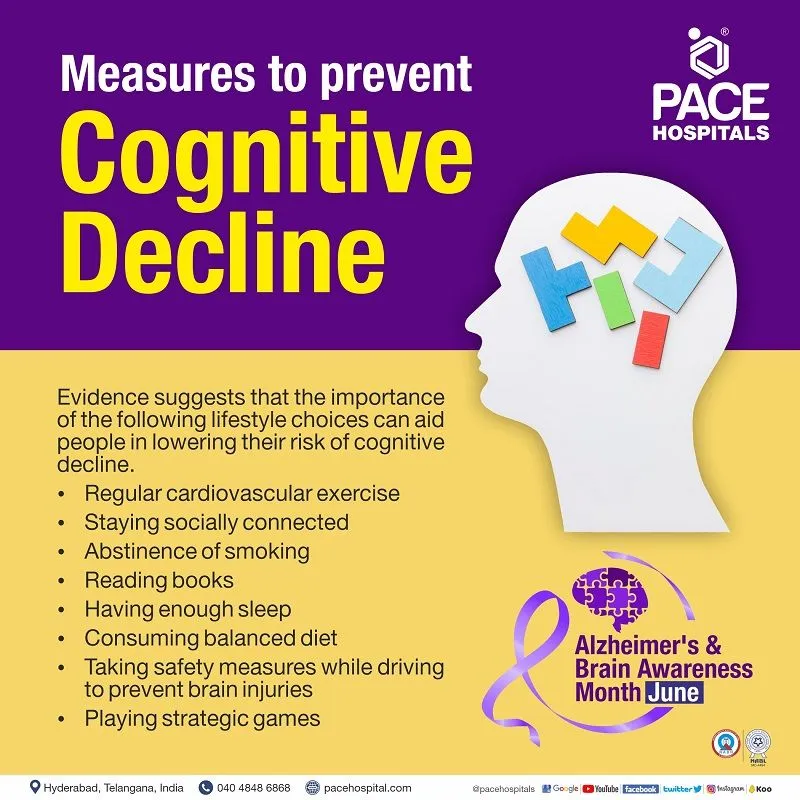
By Jeannie Finnegan, CDP, Dementia Care Consultant, Author & Guest Speaker
Alzheimer’s & Brain Awareness Month is a global healthcare event observed for the entire month of June every year for the last four decades, highlighting the importance of early diagnosis and the impact of this disease on individuals and families. Many families are dealing with the impact of Alzheimer’s or dementia, but they may have limited knowledge of these diseases and the resources they will inevitably need in order to provide care and support for their loved one. As your partner in care, we believe knowledge is power, and being informed is the starting place for optimal decision-making and care choices. So, let’s begin with the basics of Alzheimer’s and dementia.
Alzheimer’s disease is a brain disorder that gradually destroys memory and thinking skills and eventually, the ability to carry out simple everyday tasks. Alzheimer’s disrupts communication among neurons in the brain, resulting in loss of function and the death of brain cells, impacting many cognitive processes. Alzheimer’s is a complex condition that is always fatal. It is also the most common type of dementia, making up two-thirds of all dementias. Other dementias include Frontal Temporal Dementia, Dementia with Lewy Bodies, Vascular Dementia, and others. While 5% to 6% of people with Alzheimer’s disease develop symptoms before age 65 (early-onset), most people with Alzheimer’s develop symptoms in their mid-60s. While many people think of memory loss when they think of Alzheimer’s, there are several other major symptoms that vary as the disease progresses. These include reasoning and judgment, speech and language, attention, mood, and even personality.
The Stages of Alzheimer’s
Alzheimer’s is divided into stages based on the presence of a degree of cognitive impairment: early/mild, middle/moderate, and advanced/severe dementia. The disease typically progresses slowly and affects people in different ways, although most patients will initially experience episodic short-term memory loss, while long-term memory is relatively spared. Although memory loss is typically the earliest symptom of Alzheimer’s, other issues — such as difficulty in communicating, not being aware of surroundings or recent experiences, and behavioral changes — can occur as the disease progresses, often followed by self-isolation from loved ones.
The Alzheimer’s Association provides definitions for the stages of Alzheimer’s as follows:
In the early or mild stage of Alzheimer’s, symptoms may not be widely apparent, but family and friends may take notice of some of these common difficulties:
- Coming up with the right word or name
- Remembering names when introduced to new people
- Having difficulty performing tasks in social or work settings
- Forgetting material that was just read
- Losing or misplacing a valuable object
- Experiencing increased trouble with planning or organizing
During the early stage, it’s very possible for people with dementia to live well by taking control of their health and wellness. Energy can be focused on the people and things in life that are most important and meaningful to them. This is the ideal time to put legal, financial and end-of-life plans in place because the person with dementia will be able to participate in decision-making about their own care and planning. (Click here for for more information on our advanced care planning services.)
The middle or moderate stage of Alzheimer’s is typically the longest stage and can last for many years. As the disease progresses, the person with Alzheimer’s will require a greater level of care.
During this stage, dementia symptoms are more pronounced. The person may confuse words or be unclear as to the day, time, or place. They may get frustrated or angry about their confusion and behave in ways that are out of character for them, such as refusing to shower or wearing the same clothes over and over. Damage to nerve cells in the brain can also make it hard for the person to express thoughts or feelings and complete routine tasks without assistance.
Symptoms of moderate dementia can vary but may include:
- Being forgetful of events or personal history
- Feeling moody or withdrawn, especially in socially or mentally challenging situations
- Being unable to recall information about themselves, like their address or telephone number, and the high school or college they attended
- Experiencing confusion about where they are or what day it is
- Requiring help choosing proper clothing for the season or the occasion
- Having trouble controlling their bladder and bowels
- Experiencing changes in sleep patterns, such as sleeping during the day and becoming restless at night
- Showing an increased tendency to wander and become lost
- Demonstrating personality and behavioral changes, including suspiciousness and delusions or compulsive, repetitive behavior like hand-wringing or tissue shredding
In the middle/moderate stage of stages of Alzheimer’s, the person will need more assistance with daily activities. The focus should shift to what the person can still do, finding ways to help simplify tasks so that they are more able to complete them. As care needs increase, loved ones may want to consider adult day care centers or short respite stays. Many assisted living communities offer respite care where the individual can receive care in a safe environment while giving family caregivers short breaks.
In the advanced/late stage of Alzheimer’s/dementia, symptoms become severe. Individuals lose the ability to respond to their surroundings, to have conversations, and eventually, they may be unable to walk or control movement. While they may still be able to use a few words or phrases, communicating their needs or discomfort is very difficult. Memory and cognitive skills will continue to decline, and more significant personality changes may occur. In this final stage of the disease, individuals will need extensive care. Late-stage symptoms include:
- Requiring 24-hour assistance with personal care/hygiene
- Loss of awareness of recent experiences as well as of their surroundings
- Changes in physical abilities, including walking, sitting and, eventually, swallowing
- Difficulty communicating
- Susceptible to infections, especially pneumonia
- Incontinence
The person living with late-stage Alzheimer’s may not be able to initiate activities or respond to stimuli as they once did, but they can still benefit from interactions such as listening to personally meaningful or relaxing music, receiving reassurance through gentle touch, or comforting sensory activities such as hand massage or stuffed animals. During this stage, hospice care can provide additional comfort and dignity at the end of life.
The Alzheimer’s Epidemic
The importance of Alzheimer’s awareness cannot be overestimated. Statistics about this disease are staggering:
- Globally, 50 million people are living with dementia.
- By 2030, that number is expected to reach 75 million.
- After age 65, the incidence of Alzheimer’s disease doubles approximately every five years.
- The cost to America for the care and treatment of Alzheimer’s is estimated at $600 billion.
- Over 11 million people in America provide unpaid care to someone with Alzheimer’s or dementia.
Certainly, Alzheimer’s and dementia awareness and education are critical for obtaining early diagnoses and providing moral support to patients and the family members who care for them. Alzheimer’s & Brain Awareness Month is also a key fundraising month for research and a time designated for having meaningful conversations, reminding those affected of their unique value, and commemorating the lives of those taken by Alzheimer’s and dementia.
It’s also a good time to think about our own brain health and what we can do to help preserve it.

If you are an individual or family dealing with Alzheimer’s or dementia, we are here to help. We can provide individual or family education, support, advance care planning, and connect you with the resources that you need. Please reach out to us at (443) 812-1028 or help@stantonagingsolutions.com. You can find many other articles on Alzheimer’s and other dementias here on our blog.

Leave a Reply
You must be logged in to post a comment.